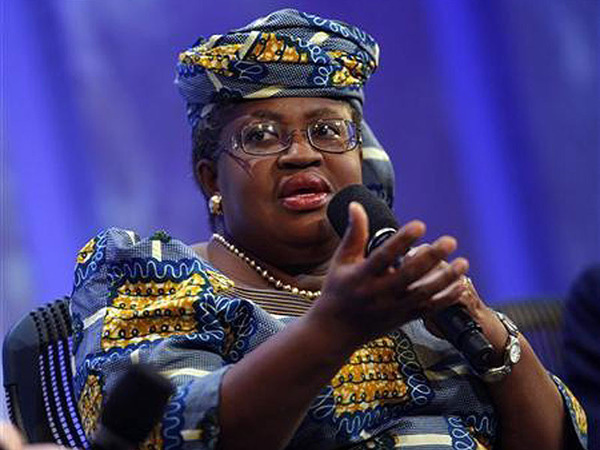Nigeria needs about $113 billion of investment within six years to “unleash” the oil and gas industry, rehabilitate its roads and railways and boost electricity supplies, the government’s privatization arm said.
Africa’s largest crude producer requires about $60 billion for its hydrocarbon sector, Bureau of Public Enterprises Director General Benjamin Dikki said in e-mailed statement today. The government is losing $287 million a month due to its failure to pass an wide-ranging petroleum industry-reform bill that has been stuck in parliament for years and meant to give Nigeria a greater share of profits, said Dikki.
About $33 billion of investment is needed to improve the rail network and build new roads across the country, according to Dikki. The power sector requires $18 billion to $20 billion. The government can’t finance all these requirements and is changing its laws and regulations to aid private sector investment, Dikki said.
Nigeria, Africa’s largest economy, generates about a 10th of the power of South Africa even though its population of more than 170 million is at least three times larger. Oil production has fallen short of the government’s target of 2.4 million barrels a day every month this year, according to data compiled by Bloomberg. The government relies on crude for about 70 percent of its income.
The West African nation’s Ministry of Finance said yesterday it’s set to lower the economic-growth forecast for 2015. Global oil prices have plunged more than a third since June, roiling Nigeria’s markets, eroding foreign-currency reserves and prompting policy makers to devalue the naira for the first time in three years.
via@Bloomberg

